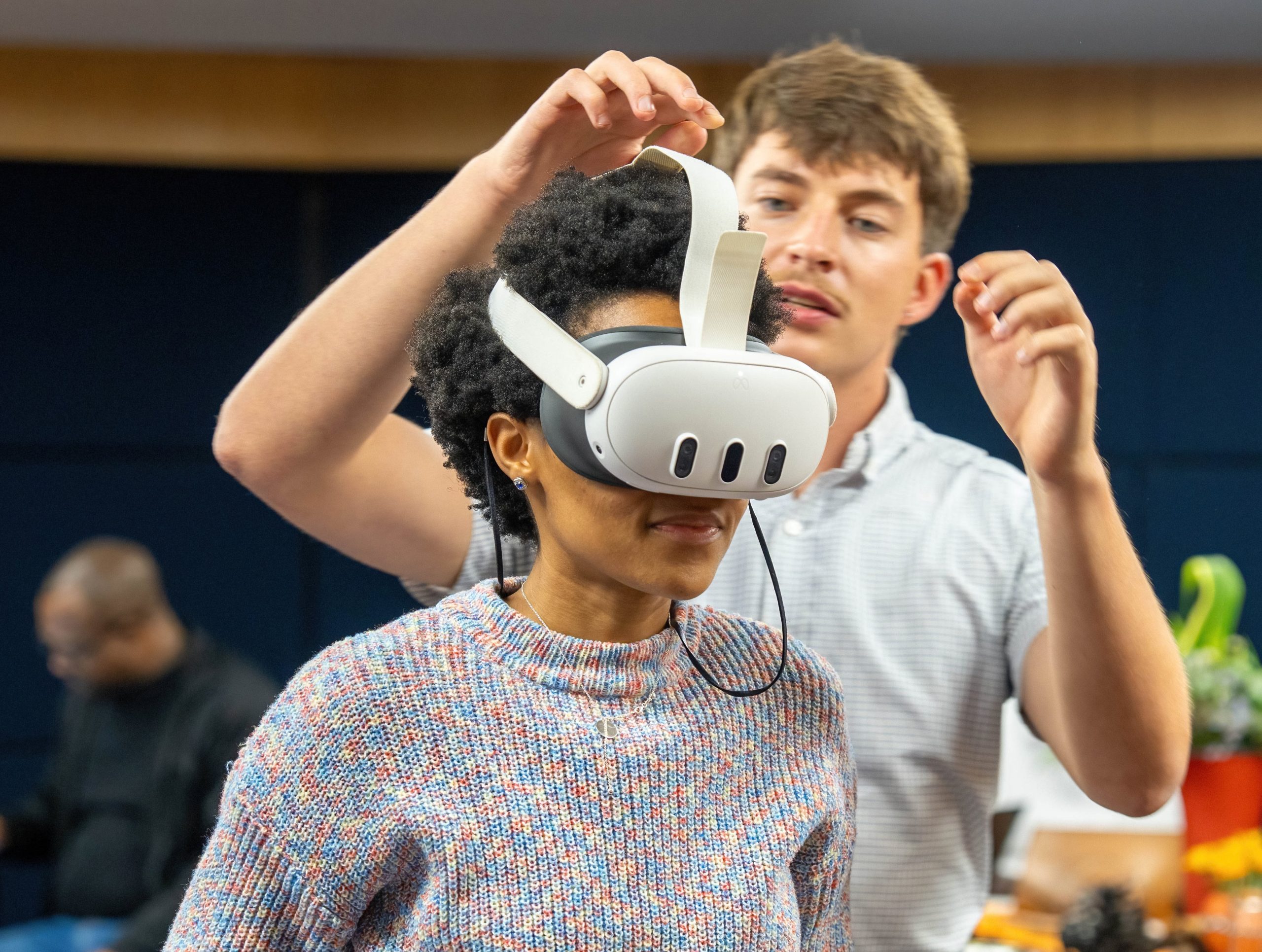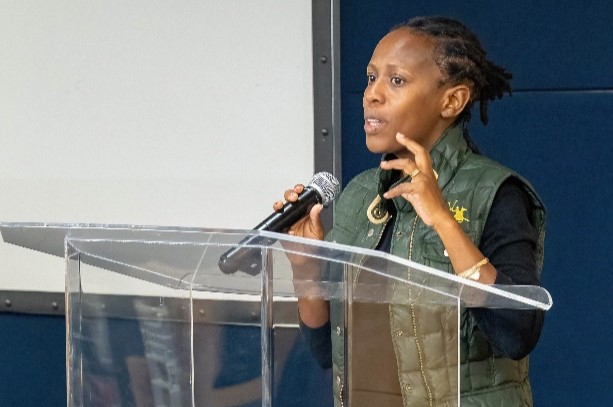The University of Johannesburg (UJ), through its Institute for Intelligent Systems (IIS), hosted the Hundzula Retreat from 19-22 February 2025. This annual event brings together researchers in African languages and African Natural Language Processing (NLP) to advance the role of African languages in digital and computational fields. The retreat serves as a dynamic platform for collaboration, skill-sharing, and knowledge transfer, fostering interdisciplinary engagement between the humanities and computational sciences.

A platform for collaboration and innovation
The name “Hundzula” is derived from the Xitsonga word meaning “to translate,” reflecting the retreat’s commitment to the development and preservation of African languages in the digital age. Since its inception in 2022, the retreat has been hosted by the University of Pretoria and Nelson Mandela University, and its growing impact was evident in the 2025 edition at UJ. The event attracted researchers from the Southern African Development Community (SADC) to explore emerging trends and techniques in African NLP and linguistics.
Addressing key challenges in African Language Technology
The retreat addressed several pressing challenges in African language technology, with a particular focus on the preservation of African languages, which remain underrepresented in digital and computational research. This underrepresentation makes them vulnerable to marginalisation, particularly as widely spoken languages are often prioritised in technological development. The Hundzula Retreat actively challenges this trend by promoting the inclusion of African languages in digital transformation, ensuring they are represented in technology.
Developing NLP tools for African languages presents significant economic and social opportunities, especially in education, healthcare, governance, and business. These languages serve as the primary mode of communication in many regions, and by creating digital tools and resources, the retreat directly empowers local communities. Bridging linguistics and computational sciences, the retreat fosters innovative solutions to linguistic challenges and enhances access to technology, education, and essential services. In doing so, it supports the preservation of linguistic diversity and cultural heritage.
Highlights of the Hundzula Retreat
The 2025 retreat featured a rich programme designed to empower participants and enhance the role of African languages in research and digital spaces. A keynote address by a leading NLP expert set the tone, providing deep insights into the future of African language technologies. Throughout the event, engaging talks and workshops explored both foundational NLP concepts and emerging linguistic challenges, offering participants a comprehensive view of the field’s future.
Panel discussions brought together experts to explore the latest trends, challenges, and advancements in African NLP and linguistics, sparking insightful conversations on the future of the field. A key highlight of the retreat was Discovering Language (DiscoLang), an interactive session celebrating International Mother Tongue Day. This session showcased pioneering research, tools, and projects that are shaping the future of African language technology, providing participants with hands-on experience with innovative solutions.

Beyond knowledge-sharing, the retreat had a lasting impact by fostering interdisciplinary collaboration and capacity building. Researchers gained foundational knowledge while engaging with advanced NLP challenges. The event provided a platform for networking, brainstorming, and generating new research projects, partnerships, and long-term collaborations. By supporting language documentation and accessibility, the retreat reinforced the importance of linguistic diversity and cultural preservation.
The Hundzula Retreat 2025, hosted by UJ’s IIS, reaffirmed the university’s commitment to advancing African language technologies. Through dialogue, collaboration, and skill development, the retreat continues to play a crucial role in ensuring that African languages thrive in the digital era.



